Eczema is a common skin condition that affects people of all ages and backgrounds. It is commonly characterised by dry, itchy, and inflamed skin that can be uncomfortable and even painful.
It is important to become aware of the various types of eczema, because each type of eczema has their own unique treatments and triggers. This article details the various types, how to prevent or treat eczema, and where it occurs on the body.
What is eczema?
The term "eczema" covers various non-infectious inflammatory skin changes. They are often manifested by reddened and itchy areas of skin. Eczema is commonly referred to as ‘dermatitis’, however, this is incorrect. Eczema is actually a group of skin conditions under the umbrella of dermatitis.
The typical symptoms of eczema include:
- itching
- redness
- blistering
- oozing
- crusting
- scaling
- a coarser skin texture
There is acute and chronic eczema, although the symptoms are basically the same. An acute and mild eczema that is not very pronounced will not cause severe flare-ups and can subside quickly with the help of proper care.
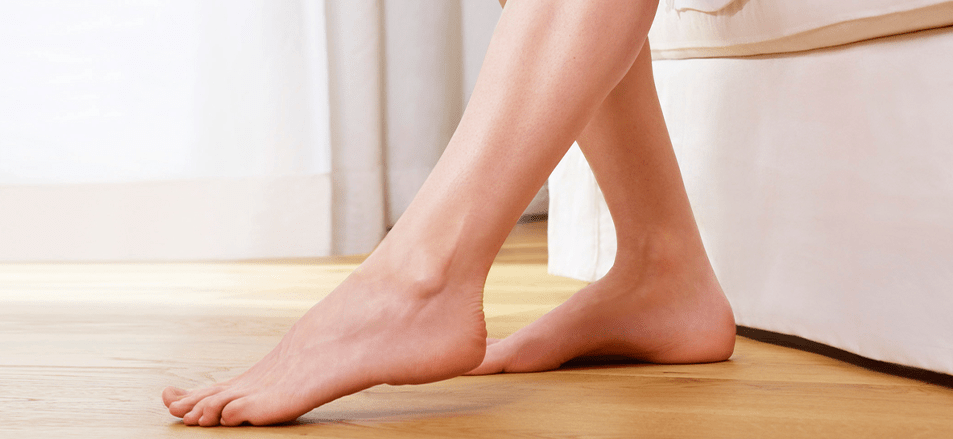
On which parts of the body eczema occur
Skin eczema can occur on any part of the body. Particularly frequently affected are:
- hands and arms
- elbows and back of the knees
- face
- skin folds
- scalp
The most common types of eczema on the hands are contact and atopic dermatitis. Eczema on the face often occurs on the cheeks and nose.
What causes eczema?
Despite the prevalence of eczema, there is no concrete known cause of eczema, however there are certain factors are known to cause or trigger the condition:
- Environmental factors, such as intense heat, dry humid air, and dampness, can cause your immune system to react which in turn leads to a change in your skin. For example, the dry humid air could cause your skin to become dry and itchy, while intense heat can make your skin sweaty or itchy.
- Genetic factors, such as other members of your family also having eczema, can cause you to develop dermatitis. Being aware of your eczema type and triggers can help you and your family manage the condition.
- Allergies, such as hay fever and dust mites, can trigger eczema due to the body's immune system reacting to the symptoms that occur.
- Stress, as well as depression and anxiety, have been known to be linked to an increase in eczema flare-ups. It is important to minimise stress, not only for eczema, but because stress can contribute to a general decline in health and wellbeing.
- Hormones are a particular concern for women because hormonal changes have been known to trigger eczema. These hormonal changes commonly occur throughout the menstrual cycle, pregnancy, and menopause.
- Irritants, such as shampoo, makeup, and soap, are another cause because the skin is exposed to these irritants on a daily basis.
- Fabrics, such as wool and polyester, can irritate the skin due to friction and overheating, which could result in a flare-up. Suitable fabric alternatives for clothing include cotton, silk, and bamboo.
Most of the factors listed here are heavily tied to the body's natural immune system. When the immune system is triggered by one of the factors detailed here, the skin will begin to react, or defend itself, which leads to skin inflammation. Because this is a natural reaction, It is important to become aware of your own immune system’s response to these various triggers so you can treat and prevent your eczema flare-ups efficiently.
What are the different types of eczema?
The most common types of eczema are:
Atopic dermatitis
Atopic dermatitis – also known as atopic eczema – is a chronic inflammatory and non-contagious skin disease which can appear on both the face and the body. It is characterised by dry, flaky, highly irritable, and itchy skin and is one of the most common types of eczema in babies (the other ones being seborrheic eczema and neurodermatitis). Find out more about general atopic dermatitis.
- Eyelids, due to their sensitive nature, are especially vulnerable to the effects of atopic eczema, so it is vital to identify the symptoms and treatment for eyelid eczema.
- Eczema on the scalp can easily be overlooked and misdiagnosed as dandruff so the ideal treatment is never pursued. However, atopic eczema on the scalp or seborrheic eczema could be the true cause of a dry, flaky, and dandruff-filled scalp.
- Hands are one of the most common areas for eczema flare-ups to occur. Your hands are extremely vulnerable to irritation from everyday activities such as carrying objects, washing your hands, and handling food. Learning how to care for eczema on the hands will allow you to navigate these daily activities more easily.
- Your face is constantly exposed to the triggers of eczema, such as the weather, allergies, and irritants, so learning how to protect and treat eczema on the face is essential.
Seborrheic eczema
Seborrheic eczema or seborrheic dermatitis is a rash that occurs primarily on the head, eyebrows and around the nose and causes fatty scaling and redness.Contact dermatitis
The allergic contact eczema (also known as contact dermatitis) most often occurs on the arms and hands, as these parts of the body most often come into contact with potentially irritating substances. Learn more about the symptoms and treatment of contact dermatitis here.Dyshidrotic eczema
The cause of the occurrence of dyshidrotic eczema, also known as pompholyx, is yet unexplained, but it often affects people who already suffer from other types of eczema. It manifests itself in small, intensely itchy blisters on the palms of the hands, soles of the feet, and edges of the fingers and toes. Learn more about the symptoms and treatment of dyshidrotic eczema here.Nummular eczema
Nummular eczema, also known as discoid eczema, is an eczema that can appear on arms, legs, hands, or the torso. It is characterised by scattered circular, itchy and, in some cases, oozing patches.Stasis dermatitis
Stasis dermatitis, also called venous eczema or gravitational dermatitis, is a type of eczema that affects people with venous insufficiency, or poor circulation in the lower legs. Thus, it mostly appears on the lower legs of elder people, who often suffer from the two phenomena.
Neurodermatitis
Neurodermatitis, also known as lichen simplex chronicus, is a type of eczema that is characterised by itchy patches that are worsened by intense itching, which can lead to a rash on any part of the body. Without any treatment, these intense rashes can cause the skin to become thick and leather-like.
How to treat and prevent eczema flare-ups
Depending on the origin, the type of eczema and frequency of flare-ups, different measures will help. Therefore, the most important thing is to closely monitor yourself and your body to find out what triggers flare-ups and what helps your skin particularly well.
To prevent relapses and provide relief from the symptoms of eczema, you can do the following:
1. Avoid triggers
The first step is to avoid the triggering material. This can be substances such as nickel or certain care and cleaning products. Triggers can also be stress and food.
2. Avoid scratching
Even if eczema itches terribly, you should avoid scratching if possible. This makes the symptoms even more severe and the urge to scratch greater – an itch-scratch cycle develops. Learn more about the atopic skin cycle.
To avoid scratching, you can help yourself by distracting yourself, using cool water or cold packs or wrapping bandages around the itchy areas.
3. The right care for skin with eczema
You can help reduce symptoms of eczema and regenerate your skin with special care products. To hydrate dry itchy skin and alleviate eczema, moisturising skincare helps.
Choose products that include active ingredients like urea and that do not contain irritating substances such as perfumes. Urea products help the skin to regulate its moisture balance. Thus, the substance also helps against acute itching in eczema. The creams and lotions from the Eucerin UreaRepair PLUS series are suitable for irritated, itchy skin for they strengthen the skin's protective barrier and increase its moisture content. You can apply them daily on very dry skin with mild symptoms of eczema.
Especially suitable for the care of extremely dry and irritated skin, as it occurs with atopic eczema, is the Eucerin AtoControl care series. The products contain omega-6 fatty acids and Licochalcone A and helps to replenish and hydrate the skin.
Info: In any case, you should consult your dermatologist if you have symptoms of eczema. He or she will advise you on further treatment.
4. Avoid stress
A frequent trigger of eczema is stress. Therefore, pay special attention in your everyday life to improve unpleasant situations and avoid things that stress you.
For the first step, this means self-reflection. What is good for you? What stresses you out? How can you deal with these situations in the future? Can you avoid these situations altogether? Or is there a way you can live better with them?
5. Healthy diet
A wholesome and balanced diet including plenty of colourful vegetables and fruit is not only healthy but can also be fun. Take your time to prepare and eat food – you are going to enjoy your meals even more! Also, don’t forget to drink plenty of water. Fluids support the skin's cell metabolism and are necessary to also keep your skin's moisture level in balance.
Try to avoid sugar, wheat flour and fatty snacks as well as additives. Make sure your food is not too spicy, as this can further irritate the skin. Most importantly, try to figure out which foods trigger intolerances and allergies in you. An allergy test by a dermatologist can help to avoid these substances in the future.
6. How to treat atopic skin in winter
In the cold season, the heating air dries out the room air, which also can lead to an increased moisture loss of your skin. The increased dryness of your skin allows pollutants and allergens to penetrate the skin more easily, which can worsen atopic dermatitis or lead to itchy eczema. Set up humidifiers in the winter, nourish the skin with oil baths for relief and use afterwards daily the appropriate skincare. Eucerin AtoControl Bath and Shower Oil, for example, is well suited. It strengthens the natural protective barrier of the skin and protects it from drying out.
7. Refresh the skin in summer
In summer, on the other hand, the heat can increase itching and other symptoms of eczema. Use thin blankets at night to avoid sweating too much. On hot summer days, you can refresh your skin with a cool shower. After showering, and in your daily skin care routine, use products that are specially formulated to meet the needs of dry and hypersensitive skin. The Eucerin AtoControl Lotion can be applied several times a day to avoid flare-ups.
8. Maintain cleanliness standards
The environment in which you move and with which you literally come into contact has a great influence on the skin’s condition.
Here are some tips for an allergy-free bedroom:
- Use mite covers for the mattress
- Vacuum the mattress regularly
- Wash the bed linen weekly at a minimum of 60°C
- Always wear pyjamas and change them regularly
- Prefer smooth fabrics to avoid skin irritation.
- Mites love moisture. Therefore, you should air the comforters daily.
9. Healthy lifestyle
With eczema, it does not help to lead a healthy lifestyle only occasionally. This is because the susceptibility to new flare-ups remains. Therefore, you will do yourself and your skin a favour if you bring consistency into your daily routine, throw bad habits overboard and integrate healthy routines.
Our brand values

We deliver a holistic dermo-cosmetic approach to protect your skin, keep it healthy and radiant.

For over 100 years, we have dedicated ourselves to researching and innovating in the field of skin science. We believe in creating active ingredients and soothing formulas with high tolerability that work to help you live your life better each day.

We work together with leading dermatologist and pharmacist partners around the world to create innovative and effective skincare products they can trust and recommend.







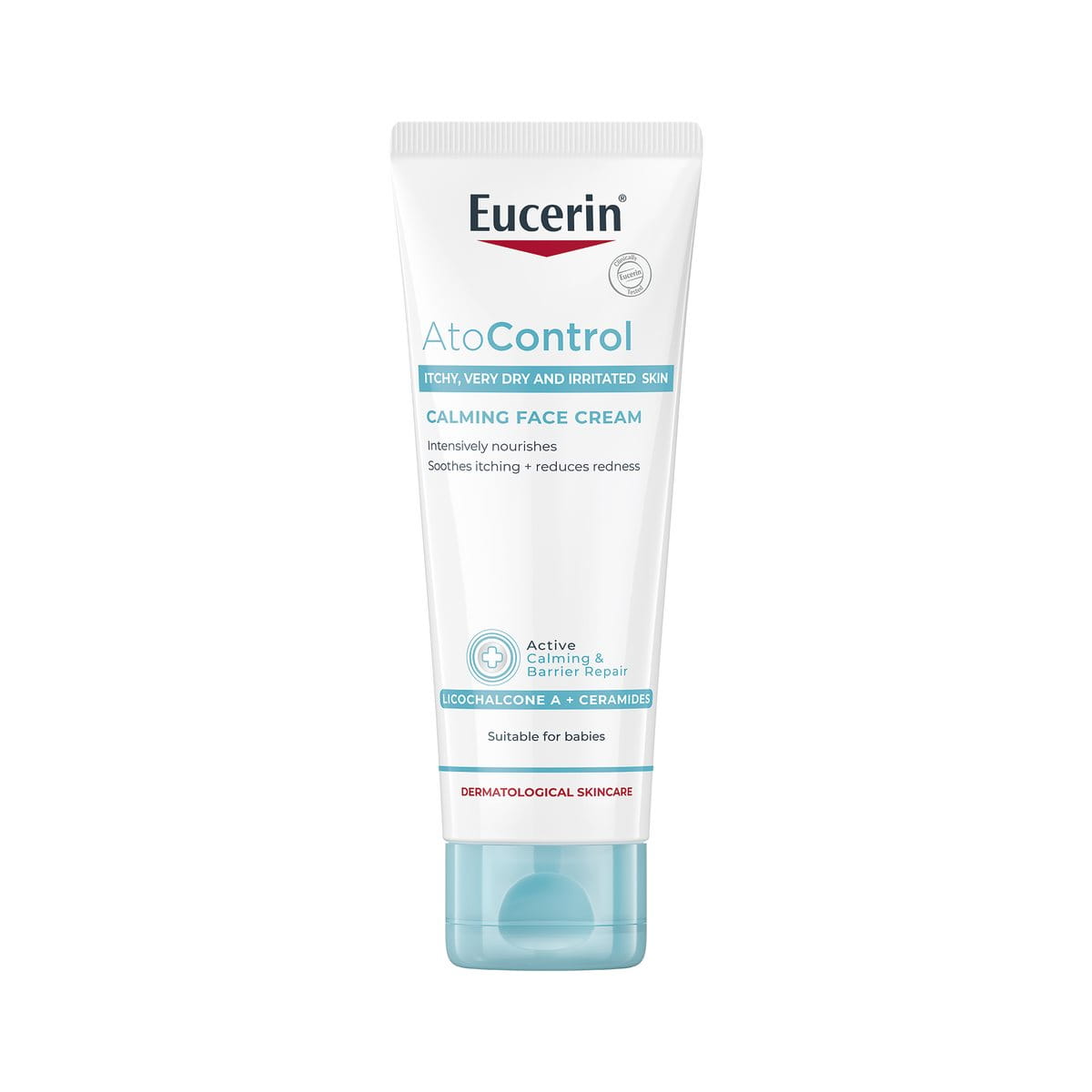
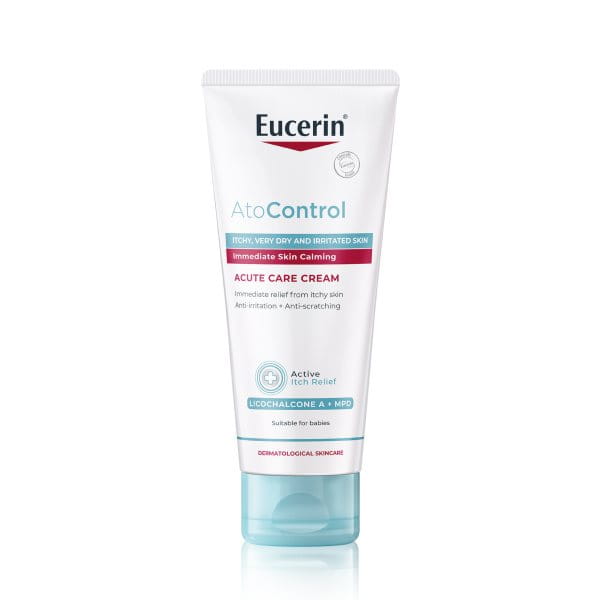
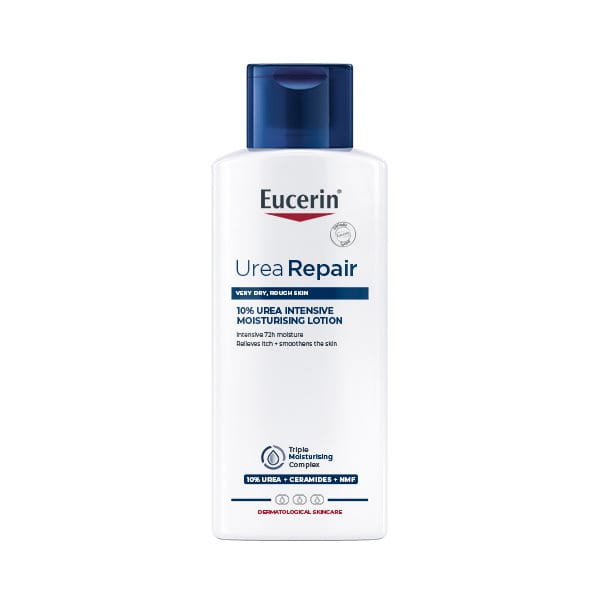
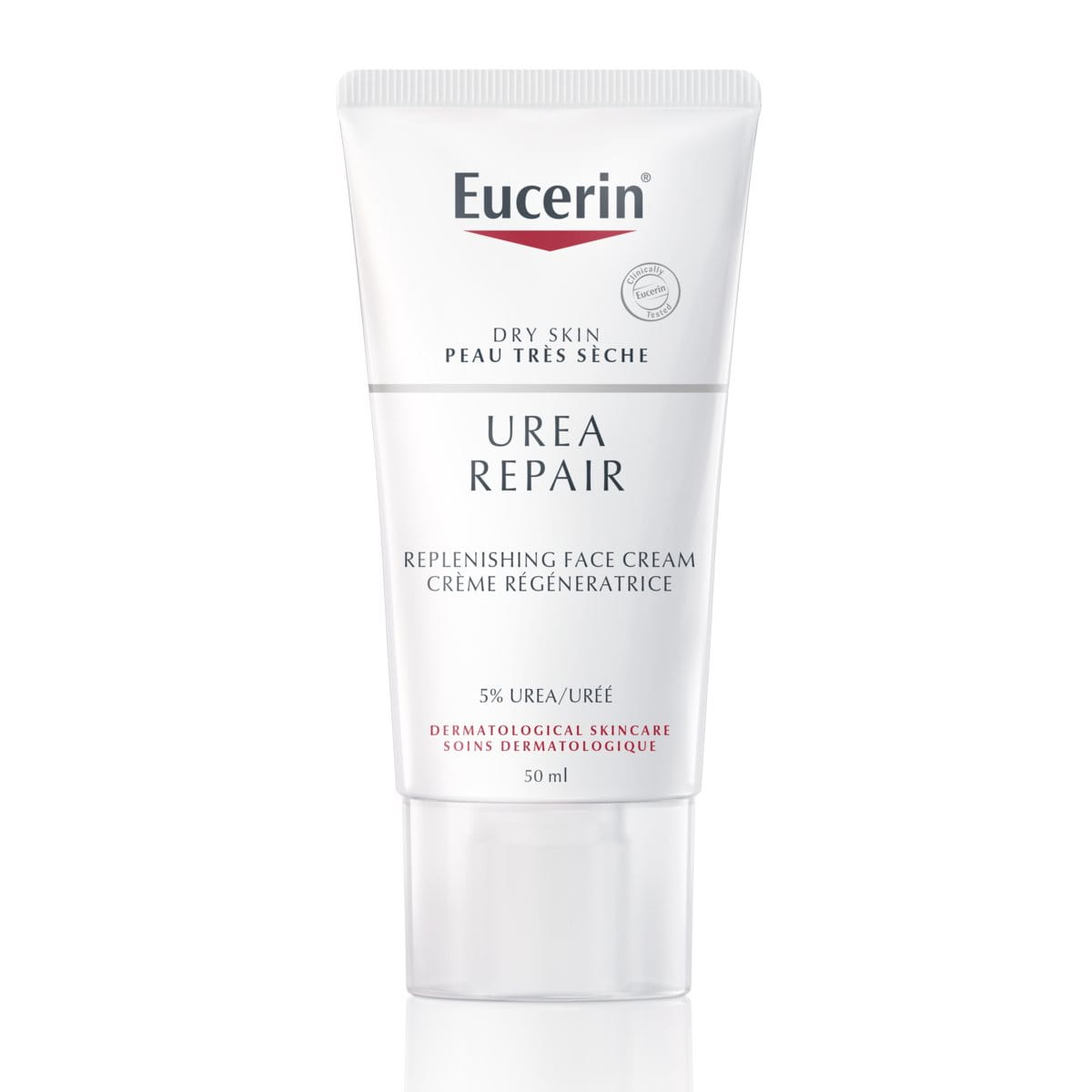
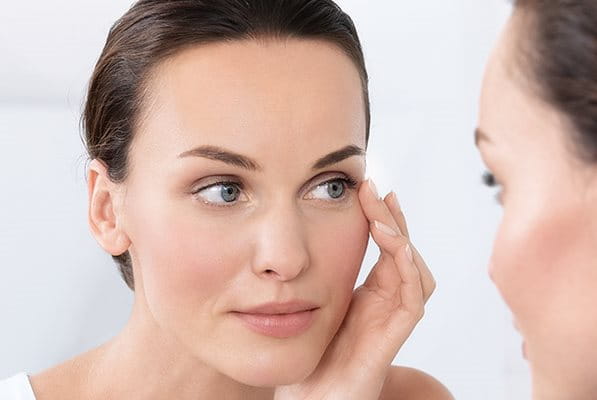
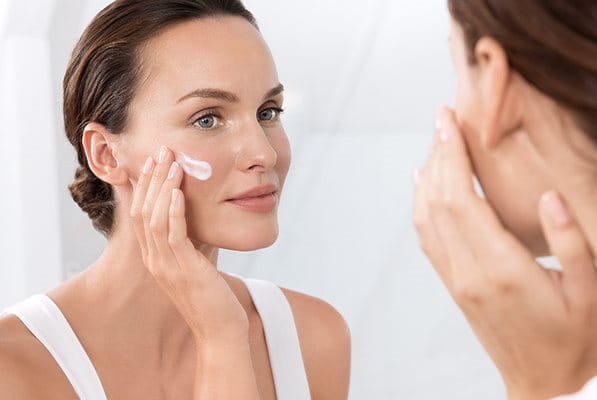
.jpg?rx=536&ry=0&rw=5616&rh=3763&hash=C8358E6898143DC9AA19E93A076F1DA2)
